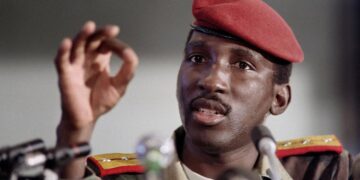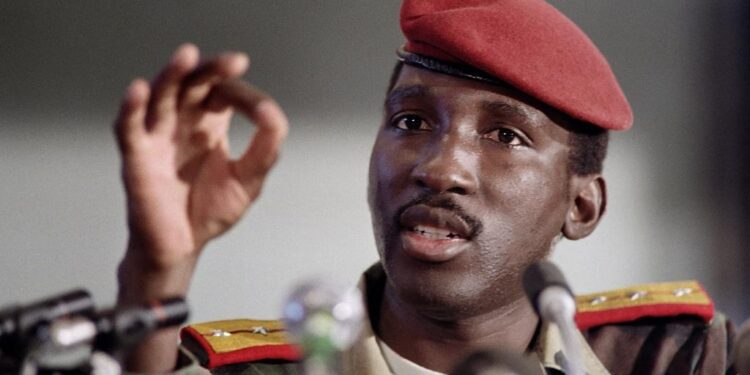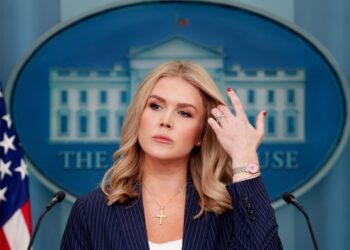By John Ikani
A court in Burkina Faso has suspended the trial of the alleged killers of the revolutionary leader, Thomas Sankara, who was assassinated in 1987.
The trial of Sankara’s alleged killers was to resume at a military court in the capital Ouagadougou on Monday.
However, Mr Sankara’s family asked for the suspension following last week’s coup.
They said they wanted it to resume once constitutional order had been restored.
Similarly, civil parties in the case called for a suspension pending “judicial normalisation” by Burkina’s new ruling junta.
Announcing the suspension, Judge Urbain Meda told parties “to remain alert for the resumption, which will be after the restoration of the constitution”.
The trial opened last October and has been closely followed by the Burkinabe public.
Sankara took power in the Sahel state in 1983, renaming the country the following year from Upper Volta to Burkina Faso, which means “land of the honest men”.
He enacted a string of sweeping economic and social policies, including nationalisations, public housing and a ban on female genital mutilation, polygamy and forced marriages.
Sankara and 12 of his colleagues were gunned down by a hit squad on October 15, 1987, at a meeting of the ruling National Revolutionary Council.
Their assassination coincided with a coup that brought Sankara’s erstwhile comrade-in-arms, Blaise Compaore, to power.
In 2015, authorities exhumed what are thought to be Sankara’s remains from a grave in Dagnoen, on the outskirts of Ouagadougou. Sankara’s widow said an autopsy revealed his body was “riddled with more than a dozen bullets”.
To this day, graffiti calling for “Justice for Sankara” is a common sight throughout the capital.
Compaore was himself ousted in 2014 by a popular uprising after 27 years in power and fled to Ivory Coast, where he has obtained Ivorian nationality.
He has always denied accusations that he ordered Sankara’s killing.
14 defendants are on trial, two of them in absentia, including Compaore.
Many in Burkina Faso hope the trial will shed light on one of the bloodiest chapters in the country’s volatile history.




































